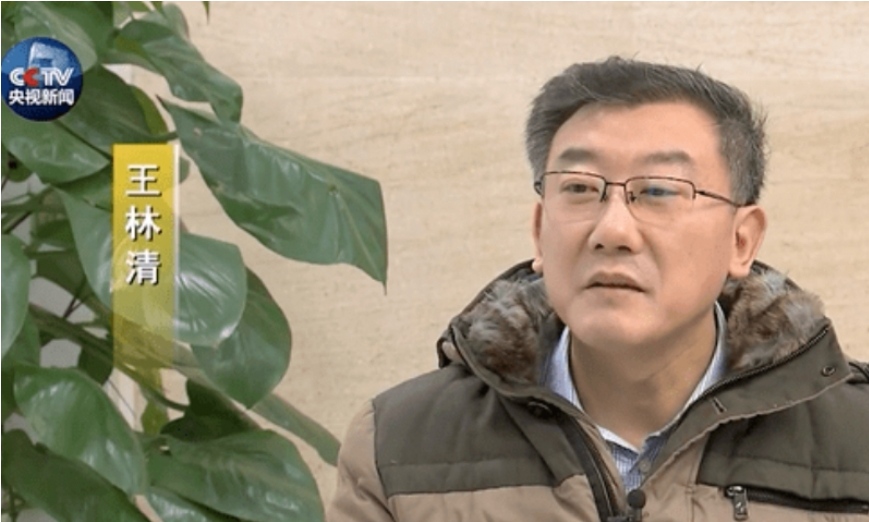China’s top court judge sentenced to 14 years in prison for taking bribes, illegally obtaining national secrets

Wang Linqing, a former assistant judge at the Supreme People’s Court, has been sentenced to 14 years in prison and a fine of 1 million yuan ($150,000) for the crimes of taking bribes and illegally obtaining national secrets, which had an adverse social impact, a court in Beijing announced on Saturday.
According to the court, during the period of serving as an assistant judge at the Supreme People’s Court from 2008 to 2018, Wang took advantage of his position to provide illegal assistance to institutes and individuals on cases in which they were involved. Wang took bribes worth about 2.2 million yuan from two institutes and 11 lawyers during the period.
From 2011 to 2018, Wang took bribes worth 350,000 yuan from Zhao Faqi, the owner of an energy investment company in Yulin, Northwest China’s Shaanxi Province, and litigant in a coalmining dispute.
In the period between June and August 2018, Wang was asked by Zhao to photograph and copy classified file documents about the coalmining dispute between Zhao’s company and the Shaanxi local geological development authorities. Wang sent these documents to Zhao via WeChat and email. The national security authority revealed that five of the documents that Wang had illegally obtained contained confidential national secrets, the court said.
As an officer of the judiciary, Wang took bribes, seriously damaging judicial credibility, and illegal obtained national secrets, which had an adverse social impact, the court noted.
Wang came to public attention in December 2018 through a high-profile incident in which he and Zhao fabricated a story about “mysteriously missing” court documents and claimed that he himself had been a victim of acts of retaliation as orchestrated by his colleagues.
The incident sparked debate on Chinese social media after Cui Yongyuan, a well-known former news anchor, posted about it on Twitter-like Sina Weibo, along with related pictures and videos sent by Wang and Zhao to Cui.
China’s national authorities, including the Supreme People’s Court and the Ministry of Public Security, launched a joint investigation into the issue amid controversy. They announced in May 2019 that claims made by Wang and Zhao were fabrications and, as early as November 2016, Wang had stolen some documents related to the coalmining dispute, taking them home and destroying them to eliminate the evidence.



